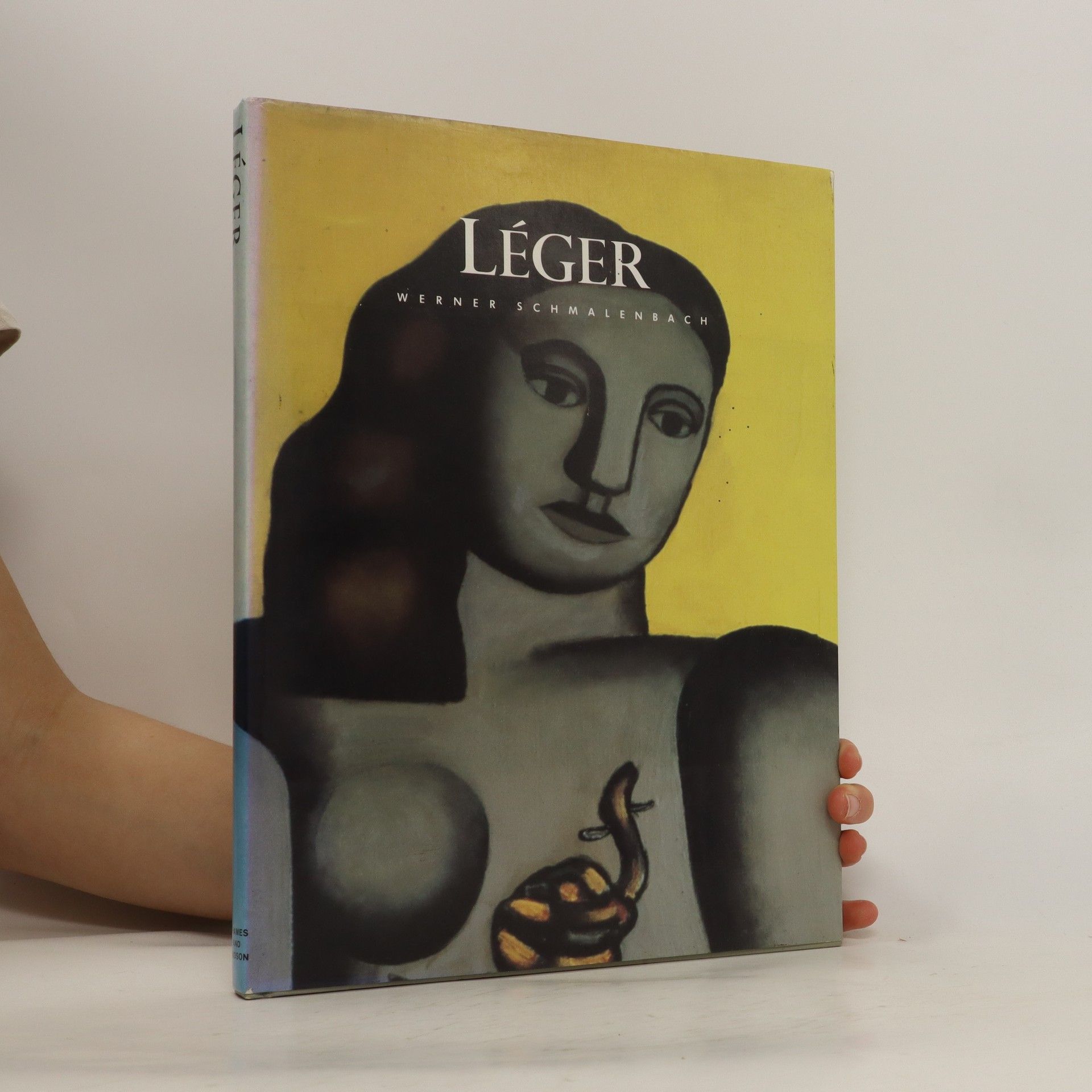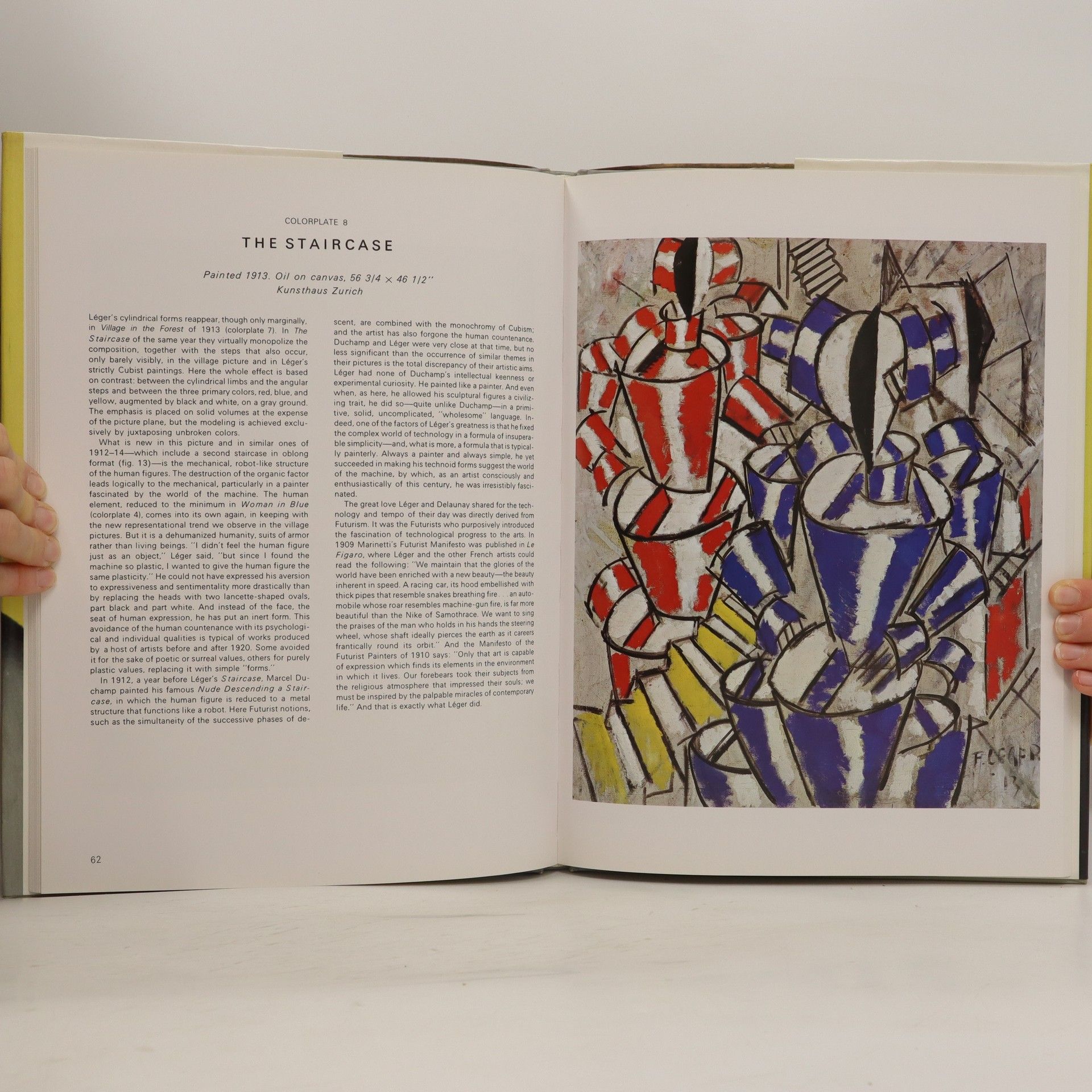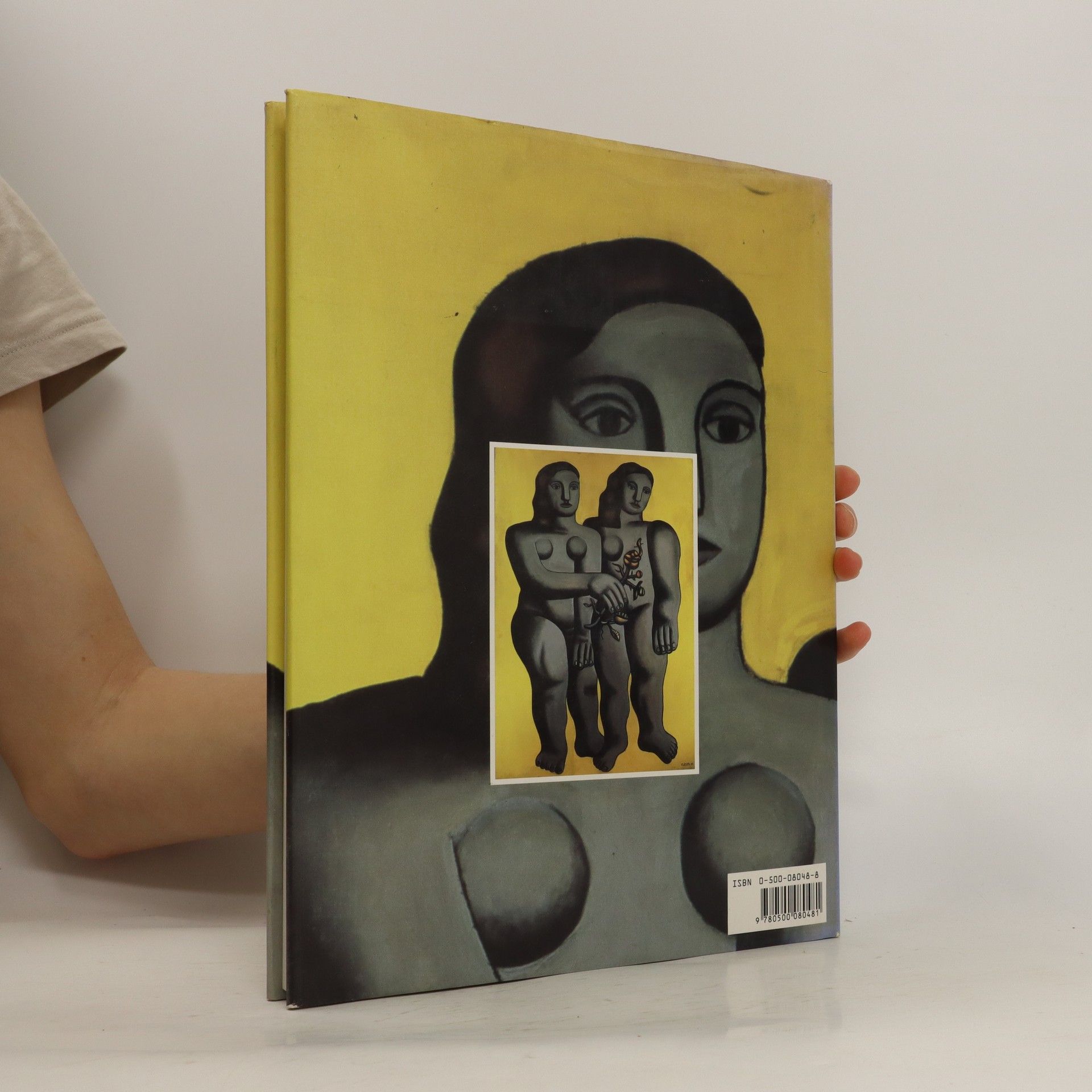More about the book
Fernand Léger (1881-1955) was pre-eminently a painter of modern life. Machines, cities, billboards, mathematical forms, urban man - these were the subjects and inspiration of his art. Active service in World War One and exhibitions of machinery made him familiar with the guns and tools of the new age. Cubism and Cézanne taught Léger to create from geometrical figures works that combined order and energy, colour and firmly modelled form, modernity and tradition. The resulting paintings are daring, eclectic, yet accessible and humane. Léger remained true to Cubist aesthetics all his life, but the son of Norman peasants was not to be confined by a rigid intellectual dogma. He experiemnted and developed his style, blending Futurist and pastoral motifs, separating colour from shape, moving between abstraction and more direct representation. Always he sought to paint for the common people; celebrating steeplejacks, cyclists and circus artistes. His mature work combined twentieth-century dynamism with the serene elegance of French classicism in a striking and influential synthesis." - book jacket.
Book purchase
Léger, Werner Schmalenbach
- Language
- Released
- 1991
- product-detail.submit-box.info.binding
- (Hardcover)
Payment methods
We’re missing your review here.


